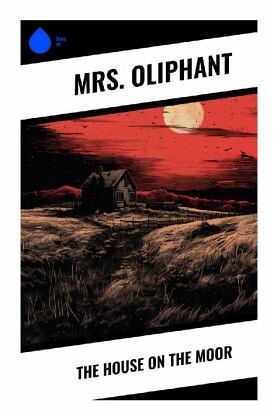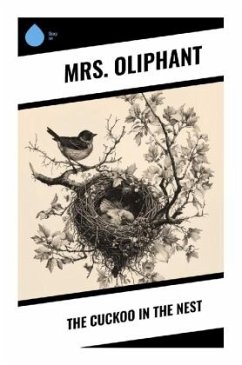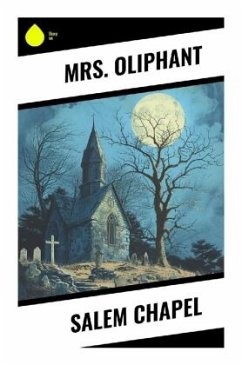
The House on the Moor
Versandkostenfrei!
Versandfertig in 6-10 Tagen
15,20 €
inkl. MwSt.

PAYBACK Punkte
0 °P sammeln!
In "The House on the Moor," Mrs. Oliphant masterfully weaves a compelling narrative steeped in the atmospheric qualities of the Scottish moors. Utilizing a vivid and immersive literary style, she captures the essence of isolation and introspection, reflecting the internal struggles of her characters against the backdrop of a stark yet beautiful landscape. The novel delves into themes of love, loss, and the inexorable passage of time, and it serves as a profound commentary on the human condition, all while enveloping the reader in the rich historical tapestry of Victorian society. Mrs. Oliphant...
In "The House on the Moor," Mrs. Oliphant masterfully weaves a compelling narrative steeped in the atmospheric qualities of the Scottish moors. Utilizing a vivid and immersive literary style, she captures the essence of isolation and introspection, reflecting the internal struggles of her characters against the backdrop of a stark yet beautiful landscape. The novel delves into themes of love, loss, and the inexorable passage of time, and it serves as a profound commentary on the human condition, all while enveloping the reader in the rich historical tapestry of Victorian society. Mrs. Oliphant, a prominent figure in 19th-century literature, was known for her keen insights into the complexities of human relationships. Her extensive experience as a novelist and her journeys across the British Isles profoundly influenced her writing. "The House on the Moor" emerges from her understanding of the moorland's haunting beauty and the emotional depth of its characters, illustrating her ability to blend personal experience with universal themes. For readers seeking a poignant exploration of the interplay between environment and emotion, this novel is highly recommended. Oliphant's eloquent prose and nuanced characterizations ensure that "The House on the Moor" remains a significant work in the literary canon, inviting readers to reflect on their own lives while experiencing the melancholic beauty of the moors.












